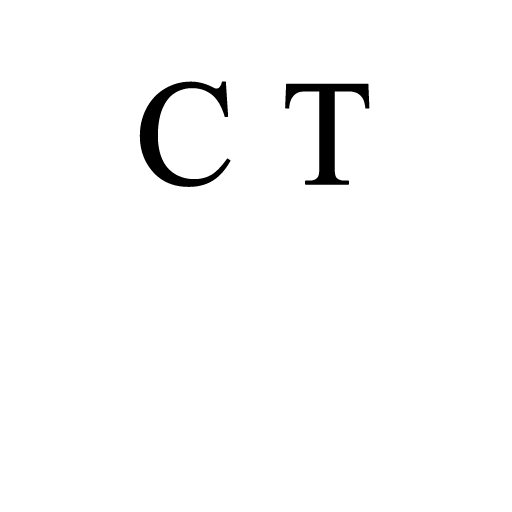Recently, the warden general of Ilam, a central province in Iran, provided a routine report that went viral in the social media around the country. The report indicated that each prisoner costs nearly $30 a day, or nearly $11,000 a year. Fine, why not? Doing things costs money and I wouldn’t be surprised if they spent much more on their prisoners in the developed world.
The controversy came in when in an irrelevant interview, the former minister of education happened to mention that every student in the country costs nearly $700 a year, as in less than $2 a day, for the government.
Although, some people pointed out that, according to the annual budget, the cost of prisoners is nowhere near that, others pointed out the opportunity cost and other hidden costs may easily amount to as much, if not more than, $11,000. On the other hand the statistics coming from the former education minister looks suspiciously low, as many have pointed out.
Well, before getting into the subject, let me tell you about one of the hallmarks of the developing world. True, in the developed world, a lot of people dedicate themselves to torturing statistics, forcing them to confess to all sorts of agreeable results that supports a certain political agenda. But at the end of the day, both sides of the political spectrum can find some middle ground to debate the matter. In the developing world however, reliable statistics are seldom available. Information is usually considered to be a classified matter not suitable for the public’s weak stomach and only a handful of authorities have access to the results. So, while it is said that the west is moving towards the post-fact era, the developing world is still in the pre-fact age in which every politician happens to have at hand exactly the statistics they need to support their claims and policies.
In any case, in the matter of school-prison comparison everyone had to concede that we are spending, too much on felons compared to our future generations.
Of course, this is not to say that we should be cruel or indifferent to prisoners but there are a number of valid questions that should be raised. For example, why do we have so many prisoners to begin with? According to the official reports, we have more than 200,000 prisoners in Iran, many of them non-violent convicts, in prison for violating rules, and not people.
Most people don’t see government’s coercive nature but when you try to shape a society based on an ever-growing list of rules and regulations, you are going to need bigger prisons. I will talk about the nature of law and its limits in another post. For now, suffice it to say, that a free society needs less prison space. Subsequently, the fewer prisoners a society have, the more it can spend on other, hopefully more cheerful endeavors.




Iran could follow the UK and not gaol them if their sentence is < 12 months!
For the record, that would be a step toward to right direction, though.
Well worth reading – thank you.
“….each prisoner costs nearly $30 a day, ……………… every student in the country costs nearly $700 a year, as in less than $2 a day, for the government…..” Why is this surprising? Prisoners want to get out, so If I have 30 prisoners I will need to build a strong cage and employ several shifts of hefty people to act as guards, 24 hours per day. And transport them in specially adapted vehicles. If I have 30 students, I need to employ one cheap teacher, and rent a cheap room somewhere. And they can pay themselves to come to lessons… Read more »